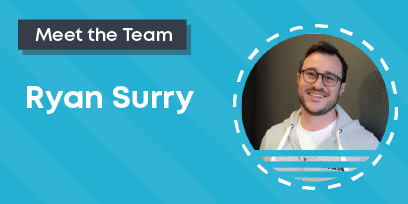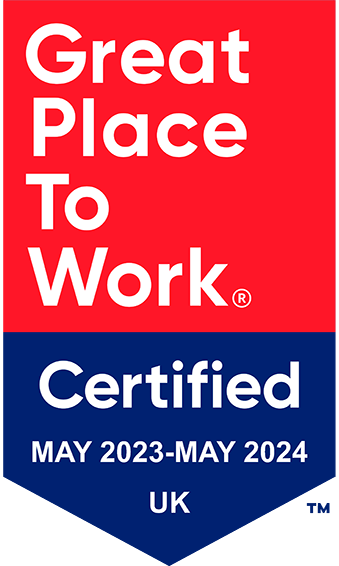So, you have a vacancy to fill in your business and the first place you’ve looked is a recruitment agency. And we can’t fault you for that. They will have a huge list of potential candidates that they can send you to sift through.
However, this is the exact problem, most recruitment agencies do this and only this. They don’t find out about your business, don’t take the time to understand you, your culture, and your requirements so they can source the perfect candidate for you. Which is where the difference between recruiting and talent acquisition comes in.
Today’s recruitment challenges
As you may already know, when it comes to attracting top talent to your business, this is often easier said than done due to a fast-paced, highly competitive job market. When you combine this with the fact that many recruiting professionals don’t have the deep visibility of the talent pool that is needed (especially when it comes to using platforms like LinkedIn Recruiter), prime candidates can pass by and get snapped up by a competitor in the blink of an eye.
In addition, communication between hiring managers and recruiters can often be disconnected, which makes filling important positions an even harder task.
The key issue here for hiring teams is that the wrong approach to finding and onboarding candidates is often taken by ‘high street ‘recruiters – however there is a better solution out there, and this is where using a specialist talent consultant comes in.
Are you getting value?
This is critical… is securing the lowest margin from a recruitment/talent partner more important than finding the right talent? Or is the quality of service, candidate, quicker timescales and even industry knowledge more important?
What is the difference between a recruiter and a talent consultant?
While the terms talent consultant and recruiter are often used interchangeably, they serve very different purposes in the hiring process. A recruiter typically focuses on filling vacancies quickly, whereas a talent consultant takes a long-term, strategic approach to workforce planning and employee development. Understanding the difference between these two roles is essential for companies looking to optimise their hiring strategy and attract top talent.
Let’s explore the differences between a talent consultant and a recruiter in more detail:
A talent consultant will:
- Have gained more knowledge, developed new skills, and will own a proven hiring process
- Work with the hiring manager early on in the hiring process, meeting with them to firm up important details about the role such as compensation, qualifications, softer skills, dealbreakers, goals, expectations and reporting structure
- Put a clear strategy together that analyses the hiring manager’s requirements and establish whether the expectations they have about a candidate or position are realistic, and will push back and offer alternative options if this is not the case
- Have established clear timelines on when interviews can happen, offers are made and start dates are likely to be
- Be more selective about the candidates that they put forward. This is dependent on the candidates references, their face to face meeting, the culture they seek etc
- Have extensive industry knowledge, technical understanding and deep knowledge on competitors
- Produce detailed cover sheets including reference quotes, notes on when they were met and their drivers
- Have an array of offerings best suited to the hiring managers expectations, budget, quantities and timescales
In comparison, a recruiter will:
- Use the basic information that they are given by the hiring manager about the role rather than arranging a more in-depth interview, which results in a difficult sell to the candidate and can bring in the wrong candidates for interview, wasting both the hiring manager’s and candidate’s time as a result.
- See a candidate as a solution to fill a job role.
- Stick with traditional approaches of hiring, and not adapt to change/new approaches which will likely give better results.
When should you use a talent consultant or a recruiter?
Choosing between a talent consultant and a recruiter depends on your organisation’s current goals, resources, and long-term or short-term hiring strategy.
If you’re hiring for specialist roles quickly, a recruiter offers speed, market knowledge, and access to active candidates. This is especially useful in industries like cybersecurity, where roles need filling fast.
For businesses planning a long-term talent pipeline, a talent consultant can offer insights into employer branding, succession planning, and retention. For example, if you’re scaling leadership positions, you might want to consider what to look for when recruiting for leadership positions, or let a talent consultant take the reins!
By aligning your hiring approach with your business growth plans, you avoid reactive recruitment and bad hires – where it can cost a business up to £132,000.
At Intaso we are proud of the fact that we aren’t just a recruitment agency – we’re a team of talent consultants. This means we won’t just advertise for a job and send you over a load of candidates, but instead will work closely with the hiring business to find you the best possible candidate – and that’s a promise!








